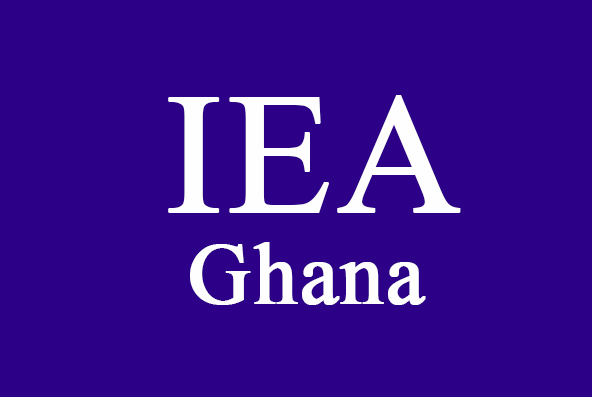The Institute of Economic Affairs (IEA) is calling for the scaling down of the number of ministers from 84 to 40.
According to its Director of Research, Dr. John Kwakye, the current number of ministers has not had any positive impact on governance, but rather burdened the taxpayer.
He, therefore, wants the 2023 budget to merge some of the ministries to ease the burden on capital expenditure.
Speaking at a pre-budget media engagement in Accra, he said the number of Ministries must be drastically reduced to 12, whilst the Sector and Regional Ministers must be cut to 40.
The 2023 Budget is expected to adopt tight budget spending.
The IEA therefore, proposed a reduction in the ceiling on the fiscal deficit from the current 5% to 3%, applicable from 2024, to foster fiscal and debt sustainability, amendment of the Fiscal Responsibility Act (FRA) to require that borrowing is used exclusively to fund CAPEX, borrowing and debt ceilings in the FRA to foster debt sustainability and the establishing of a Parliamentary Budget Office (PBO) to assist Parliament in exercising its budget oversight mandate.
Other suggestions include reviewing the mining tax regimes to increase benefits to Ghana, reduce petroleum taxes/levies to ease pump prices and indicating a plan to review and rationalise flagship programmes to make them fit-for-purpose and reduce budgetary costs.
Others are the allocation of adequate resources to capital expenditure (at least 5-7% of Gross Domestic Product in 2023) to spur growth, increase resource allocation to the important agriculture, industry, energy and infrastructure sectors to boost growth and job creation.
Furthermore, the IEA also said the financial solution must involve prudent monetary and fiscal policies that prevent destabilising demand pressures.
“To this end, fiscal and monetary policy must both be hedged within strict rules since too much discretion has been abused with serious consequences”.
These include enforcing the ceiling of 5% of previous year’s revenue on Bank of Ghana’s lending to government and reducing the ceiling on the fiduciary currency issue, that is the portion not backed by forex but backed by government debt, progressively from the current level of 60% to 20% by 2024.
This will simultaneously raise the current 40% floor for the forex cover to 80% over the period.
Latest Stories
-
Summon Finance Minister, Governor over contradictory Gold for Oil reports- IERPP urges Parliament
15 minutes -
Armwrestling: NHIA Boss keen on building long-term support for Ghana’s golden arms
16 minutes -
Bawumia commanding overwhelming support ahead of flagbearer race
17 minutes -
Abolishing the one year one day rule in Ghana: a necessary step toward modern justice
21 minutes -
Abuakwa South MP urges war against galamsey after ministers’ deaths
42 minutes -
Today’s Front pages: Wednesday, August 13, 2025
1 hour -
We cannot trade our children’s future for galamsey profits – Senyo Hosi
2 hours -
‘Let’s contest on policies, not ballots’ – Veep Opoku-Agyemang urges African leaders at Summit
3 hours -
National Guard troops appear in Washington DC as mayor rejects ‘authoritarian push’
3 hours -
Daryl Bosu says helicopter crash must change fight against ‘environmental terrorism’
3 hours -
No printers or PCs, Starbucks Korea tells customers
4 hours -
No white or cream allowed at Davido, Chioma’s Miami wedding
4 hours -
Musk threatens Apple and calls OpenAI boss a liar as feud deepens
4 hours -
M&S restores click and collect services 15 weeks after systems hacked
4 hours -
US deficit grows to $291bn in July despite tariff revenue surge
5 hours

